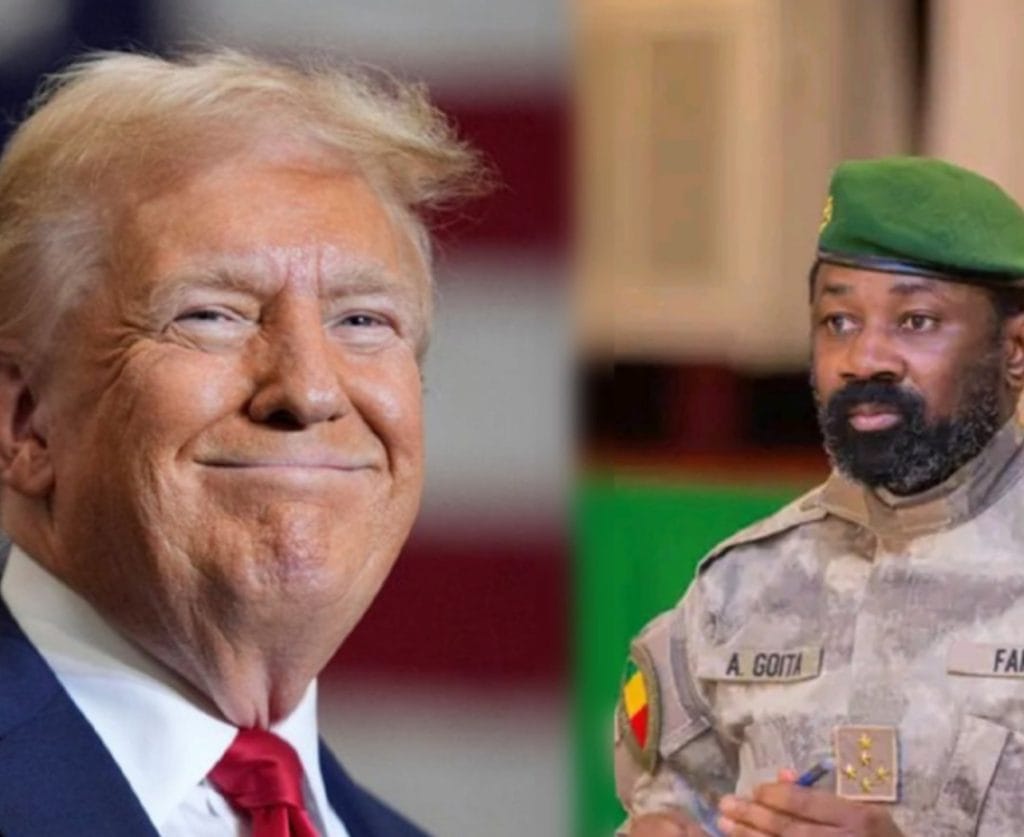The United States has withdrawn Mali from its contentious Visa Bond Pilot Program in a move widely interpreted as an effort to ease escalating diplomatic tensions with the West African nation.
The program, which requires certain foreign visitors to post refundable bonds of up to $15,000 to ensure their timely departure from the U.S., has faced criticism across Africa for being discriminatory and burdensome. Mali was originally added to the list on October 8, but was notably absent from the latest State Department update released on October 23.
According to the update, six other African nations — Mauritania, São Tomé and Príncipe, Tanzania, The Gambia, Malawi, and Zambia — remain subject to the visa-bond requirement under immigration law provisions designed to curb overstay rates for short-term visitors.
Mali’s government had responded swiftly to its inclusion by introducing a reciprocal visa-bond policy targeting U.S. travellers, a move that underscored Bamako’s growing assertiveness in international relations. The tit-for-tat escalation reportedly prompted Washington to reconsider the policy to prevent further strain on bilateral ties.
Analysts say the U.S. decision to drop Mali from the list marks a diplomatic concession and reflects a broader recalibration of how African nations engage Washington. Mali, increasingly aligned with alternative global partners, has shown that reciprocal action can influence even major powers’ foreign policy decisions.
U.S. officials have signaled readiness to maintain constructive dialogue with Mali despite political tensions. Earlier this year, Deputy Assistant Secretary William B. Stevens visited Bamako to discuss regional security cooperation and economic relations.
The removal of Mali from the visa-bond list could pave the way for renewed discussions on fairer mobility policies across Africa, as more nations push back against unilateral measures perceived as undermining mutual respect and partnership.



